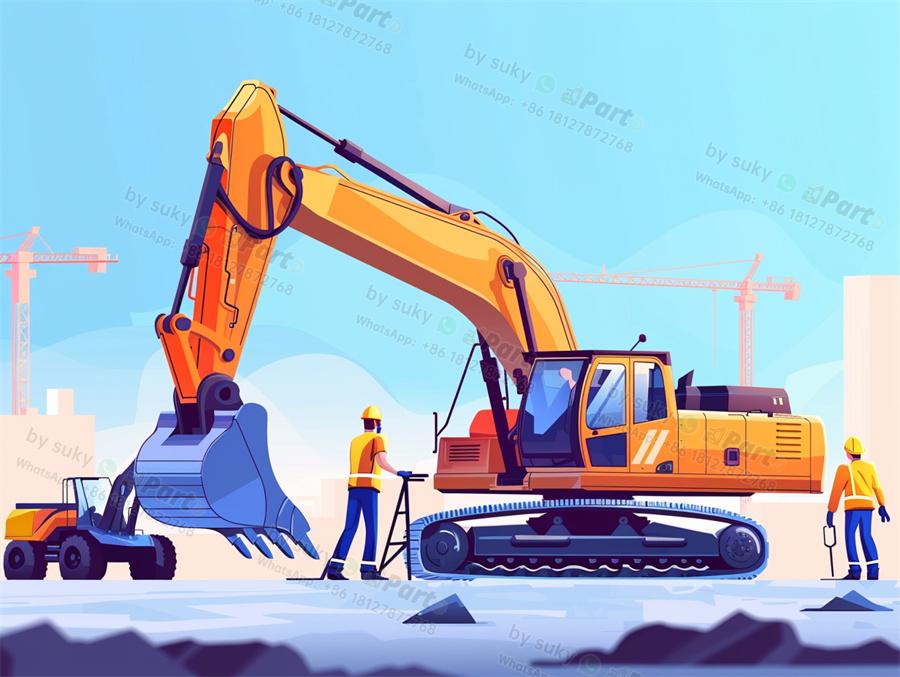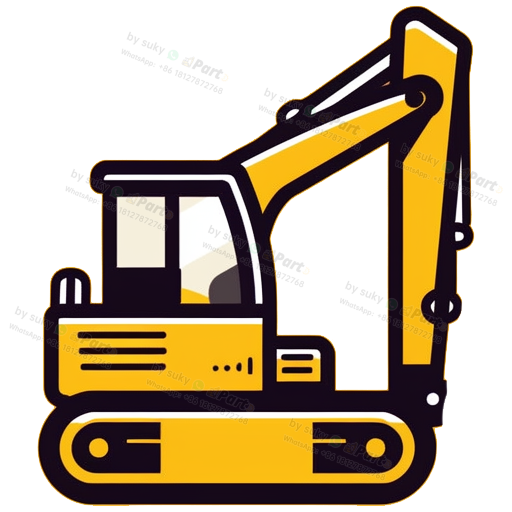When it comes to importing engineering vehicle parts in the UK, there are several tips to keep in mind to ensure a smooth and successful process. From identifying reputable suppliers to navigating customs regulations, here are some key considerations for importers and distributors in the industry.
Finding Reliable Suppliers
One of the most crucial aspects of importing engineering vehicle parts is finding reliable and trustworthy suppliers. It is essential to research potential suppliers, check their track record, and ensure they have appropriate certifications and quality control processes in place. Establishing a strong relationship with suppliers can help streamline the import process and prevent delays or quality issues down the line.
Understanding Customs Regulations
Navigating customs regulations is an integral part of importing engineering vehicle parts into the UK. Importers must be familiar with the relevant regulations, tariffs, and duties, as well as any documentation requirements. Working with an experienced customs broker can help ensure compliance and smooth clearance of goods at the border. It is also important to stay informed about any changes in trade agreements or regulations that may affect the import process.
Quality Assurance and Testing
Ensuring the quality and safety of imported engineering vehicle parts is paramount. Importers should request samples for testing and certification to verify that the parts meet the necessary standards and specifications. It is also advisable to conduct onsite inspections of manufacturing facilities to assess quality control procedures and production processes. Prioritizing quality assurance can help prevent costly recalls or warranty issues and build trust with customers.
Efficient Supply Chain Management
Efficient supply chain management is crucial for the successful importation and distribution of engineering vehicle parts. Importers should establish clear communication channels with suppliers, monitor inventory levels, and optimize shipping and logistics processes to minimize lead times and costs. Investing in technology solutions, such as inventory management software or tracking systems, can help streamline operations and improve overall efficiency.
In conclusion, importing engineering vehicle parts in the UK requires careful planning, attention to detail, and a commitment to quality. By finding reliable suppliers, understanding customs regulations, prioritizing quality assurance, and optimizing supply chain management, importers and distributors can navigate the import process successfully. Stay informed about industry trends and best practices to stay competitive in the market.
For further reading on this topic, check out our article on “Best Practices for Supply Chain Management in the Engineering Vehicle Parts Industry.”




